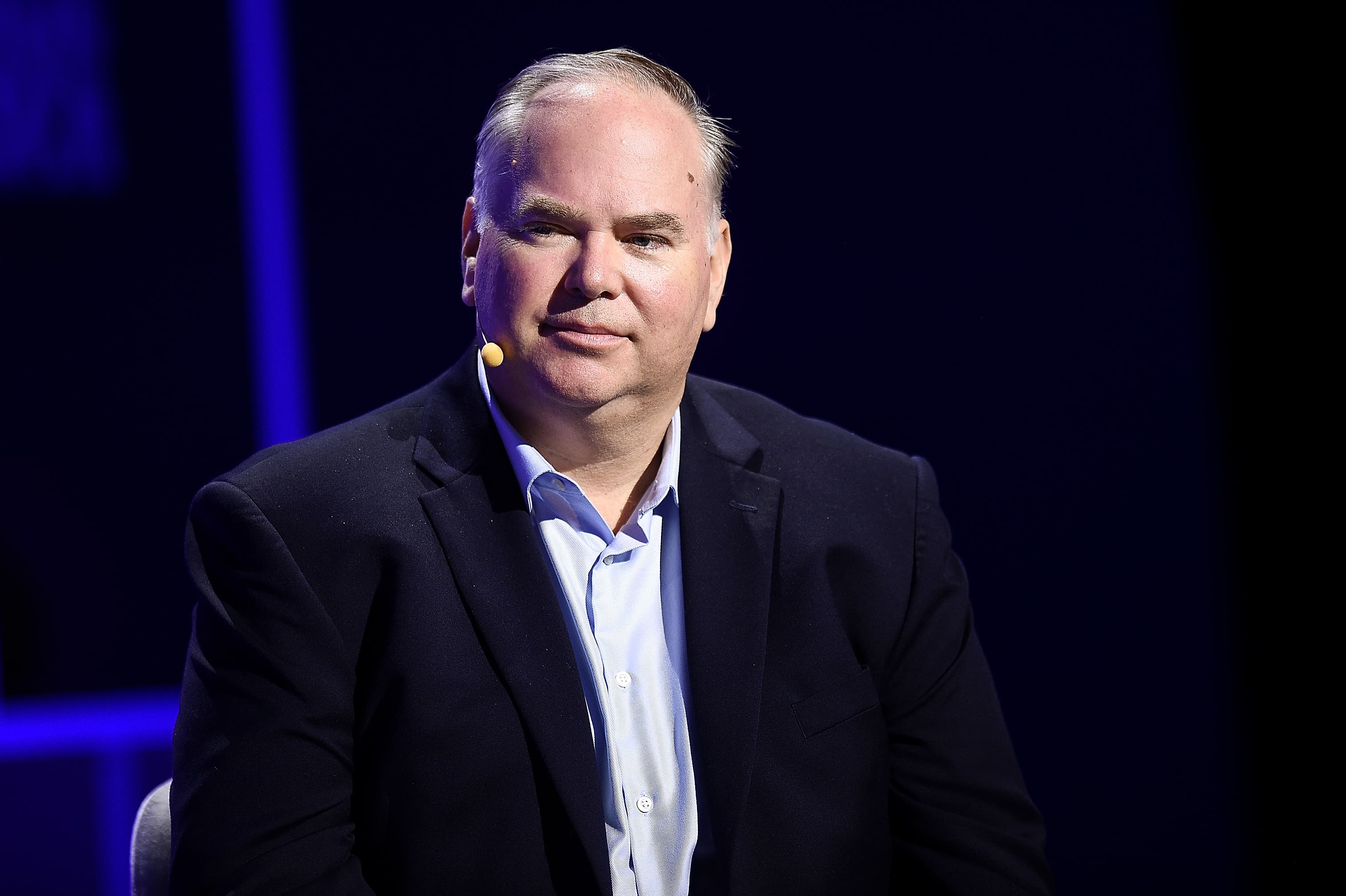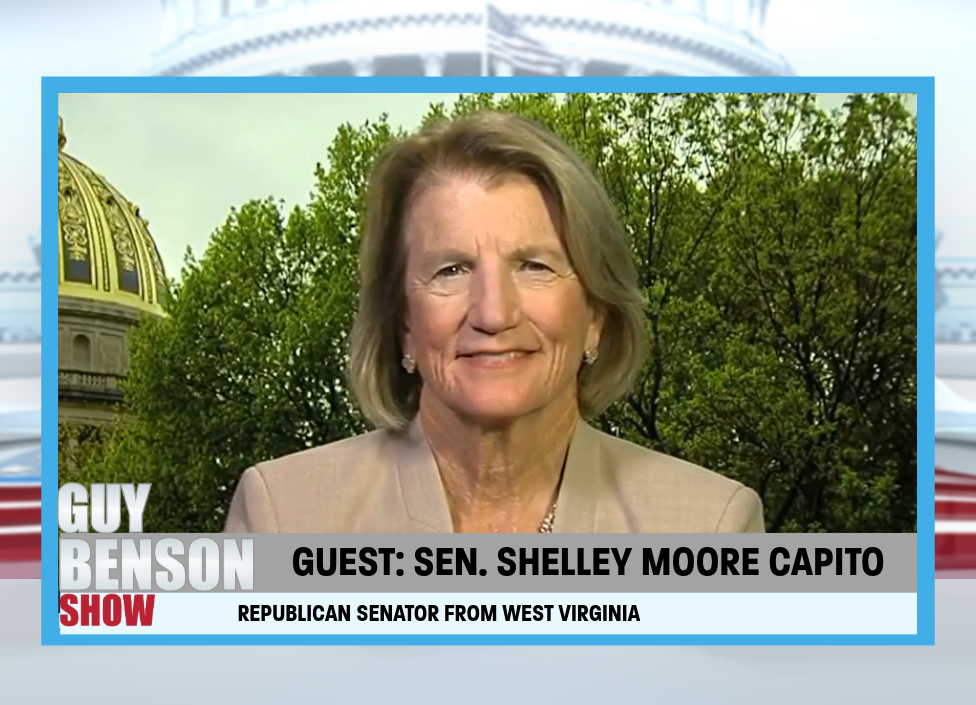By Leslie Josephs
Copyright cnbc

Biffle pointed to his airline’s lower unit costs — $7.50 per available seat mile, excluding fuel, compared with far-larger United’s $12.36 per available seat mile in the second quarter — and said the budget carrier caters to customers who might not be flying at all, as well as those who want a cheap flight but are splurging on other things when traveling, like luxury hotels.
When asked Wednesday about whether Frontier relies on extra capacity left on the table by United, Biffle replied, “That’s like the CEO of Nordstrom saying ‘I allow customers to buy jeans from Walmart.'”
Both Frontier and United, along with other airlines like JetBlue Airways, have announced that they’re adding new flights on major Spirit routes to win over its customers as it struggles.
Ultra-low-cost airlines have struggled from a jump in costs after the pandemic, an oversupply of domestic U.S. flights that have pushed down fares, and competition from larger airlines that offer both no-frills basic economy tickets and global networks to burn frequent flyer models on.
“Customers care about value, and they don’t get value on a [ultra-low-cost carrier],” Kirby told CNBC on Tuesday.
Those budget airlines long relied on rock-bottom fares and fees for everything else from seat assignments to cabin baggage, a model large network airlines have copied with their basic economy tickets. Now, Spirit, Frontier and others are looking to offer more upscale offerings and bundles that include things they used to charge for.
Frontier swung to a $70 million net loss in the second quarter but forecast unit revenue growth in the mid-to-high single digits in the third, and to “provide a solid foundation for profitability in 2026.”



